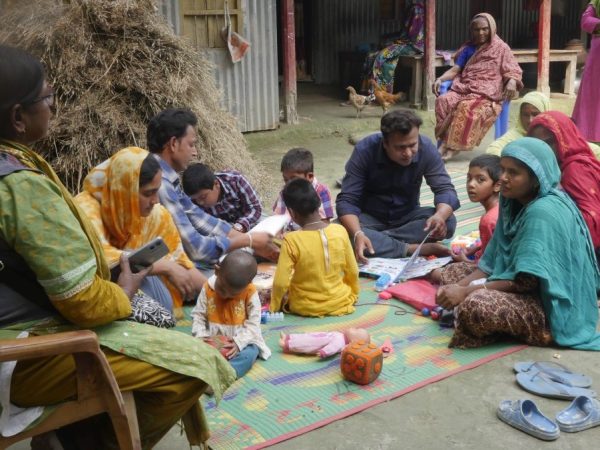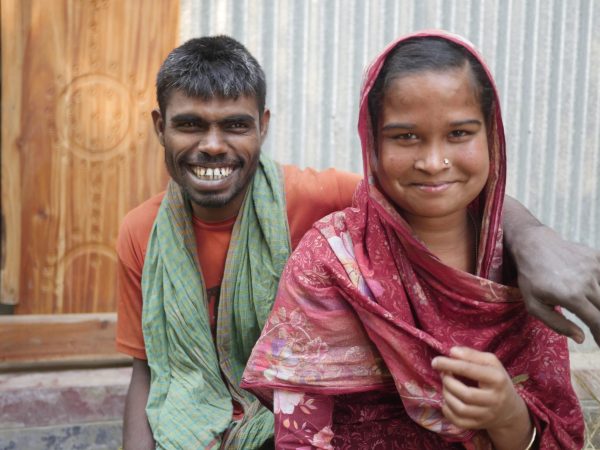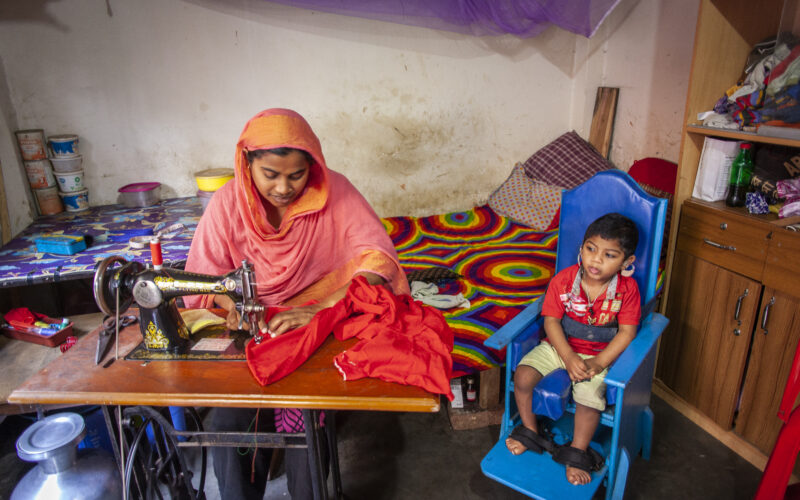News Niketan is one of the finalists of the Impact Challenge Award
We have been nominated as one of three organizations for the Impact Challenge Award with our project ‘alternative care in the COVID pandemic’.
Niketan opened veranda schools, developed a tool to collect information about the family situation of the children and offered the families financial support through monthly donations made using telephone banking as well as income-generating activities. We kept in close contact with the families and studied the impact of this support.
Impact Challenge Award
The Impact Challenge Award challenges charities to increase their impact and make it more visible. For years, charities have been doing a lot of measuring and evaluating. But every charity does this in its own way. There are also major differences in strategies, programs and activities. That’s why the Netherlands Fundraising Regulator (CBF) and other parties from the sector have created the Impact Challenge to look at impact together and learn from each other. This year there are two categories: one for charities with a budget of up to 500,000 euros a year and one for charities with a budget of more than 500,000 euros.
The other finalists in our category (budget up to 500,000 euros) are animal mediation and rescue organization Stichting Blijdschap Voor De Dieren and microlending platform Wakibi. Together with a professional jury, the people present at the event on 19 November will choose the winner of the Impact Challenge Award 2021. The prize: personal support from a scientist affiliated with Maastricht University.
Humanity in poverty reduction – also in extremely difficult circumstances.
As an organization Niketan is characterized primarily by putting the child first, focusing on the cognitive, emotional and physical development of children with disabilities.
But during the COVID pandemic we started to ask ourselves questions like: how do the different families function during the pandemic, what do they face, what do they need? We started to collect information about the situations of individual families: how does the family live, with how many people, what do they own (land, house, livestock, etc.), what was their income before and during the pandemic, what is the profession of both parents, what are their monthly expenses, etc. In doing so, we could measure the impact of the financial support and specifically what effect it had on the child with a disability, who normally receives support from Niketan. What we’ve learned from this is that we need to put the family at the center to continue to help the child with a disability during this difficult time.
Results
Thanks to this new ‘cash transfer’ approach, parents felt heard and better understood. It has led to fewer concerns about various family members, especially teenage girls with disabilities, and less stress about how to survive, which in turn has reduced domestic violence. By analyzing the individual needs of each family, we found that economic aspects can be just as important as supporting the children’s cognitive, emotional and physical development. If we want families to be more respectful towards and take better care of their child with a disability, we need to take a broader perspective and look at how the family functions. We should also take their financial situation into account and have the courage to invest in it if it turns out to be important.
Read more about our program during the pandemic.



